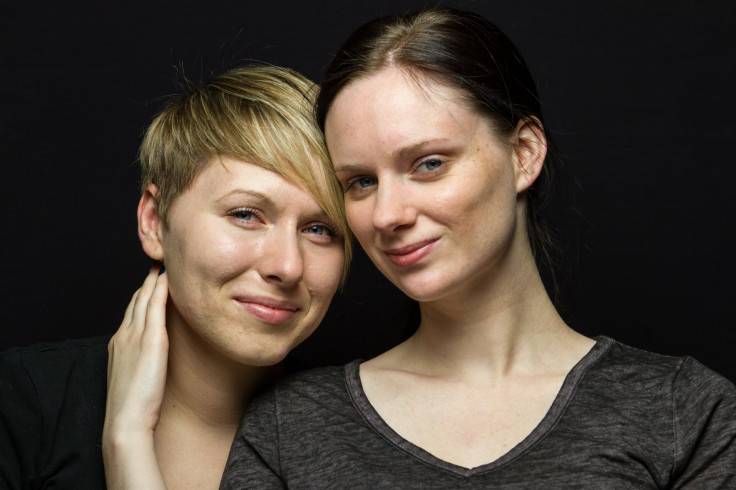Gay, Lesbian, And Bisexuals Report Poorer Health In The UK: Can Something Be Done To Change That?

In a perfect world, we would all receive the same level of health care regardless of our defining characteristics. Unfortunately, we don’t live in that world, and it’s a truth all too well known that factors such as race and socio-economic status can greatly affect a person’s overall health and level of medical treatment they will receive. A new study, published in the Journal of General Internal Medicine, has given a glimpse into a minority often overlooked but no less discriminated against by the health care system: lesbian, gay, and bisexual men and women.
In a study conducted by researchers at RAND Corporation, Cambridge University, and Boston Children’s Hospital, it was found that lesbian, gay, and bisexual populations in England are both more likely to report unfavorable experiences with the health care system and have overall poorer health than their heterosexual counterparts. The study results, which consisted of the opinion of 27,000 lesbian, gay, and bisexual individuals, strongly suggest that changes must be made in the infrastructure of health care systems to better accommodate those sexual minorities.
Dr. Marc Elliot and Dr. Mark Schusters explained in an email to Medical Daily that although the study’s participants report poorer physical and mental health, “Mental health is a particular challenge for sexual minorities.” According to the press release, 25 percent of lesbians and 31 percent of bisexual women reported fair to poor general health compared to 21 percent of heterosexual women. For the male participants, 22 percent of gay men and 26 percent of bisexual men reported fair or poor general health compared to just 20 percent of straight men.
Perhaps the most alarming statistics found in the study was the fact that up to half of the 27,000 lesbian, gay, and bisexual participants reported negative experiences with health services, ranging from lack of trust, poor communication, and general dissatisfaction. These disparities in health services have with linked with higher rates of psychiatric disorders, substance abuse, and suicide.
Unfortunately, the reason for this significant gap between health care for individuals of various sexual orientations is not quite clear, but the researchers gave Medical Daily a bit of perspective on what they think may be going on. “We believe that the stress of discrimination, whether being turned down for a job or being called names, contributes to poorer mental health. Negative interactions with clinicians or fear of negative interactions may prompt sexual minorities to delay going to the clinician when something is wrong or not fully disclosing about their lives, which can also compromise their health,” explained Elliot and Schuster via email.
This study is not the first to point out the extreme prejudices experienced by sexual minorities and only strengthens the claim that reforms must be made to help prevent these injustices from continuing. Elliot and Schuster suggest extra training be offered to clinicians to help them better understand and be prepared to help patients who fall under this classification.
“They need to be exposed to all types of patients, directly or through videos and case studies. Role plays can also be helpful," explained the researchers. “Clinicians should be aware of the added stress of being a member of a group that not only faces societal discrimination but also may face it from their own families.”



























